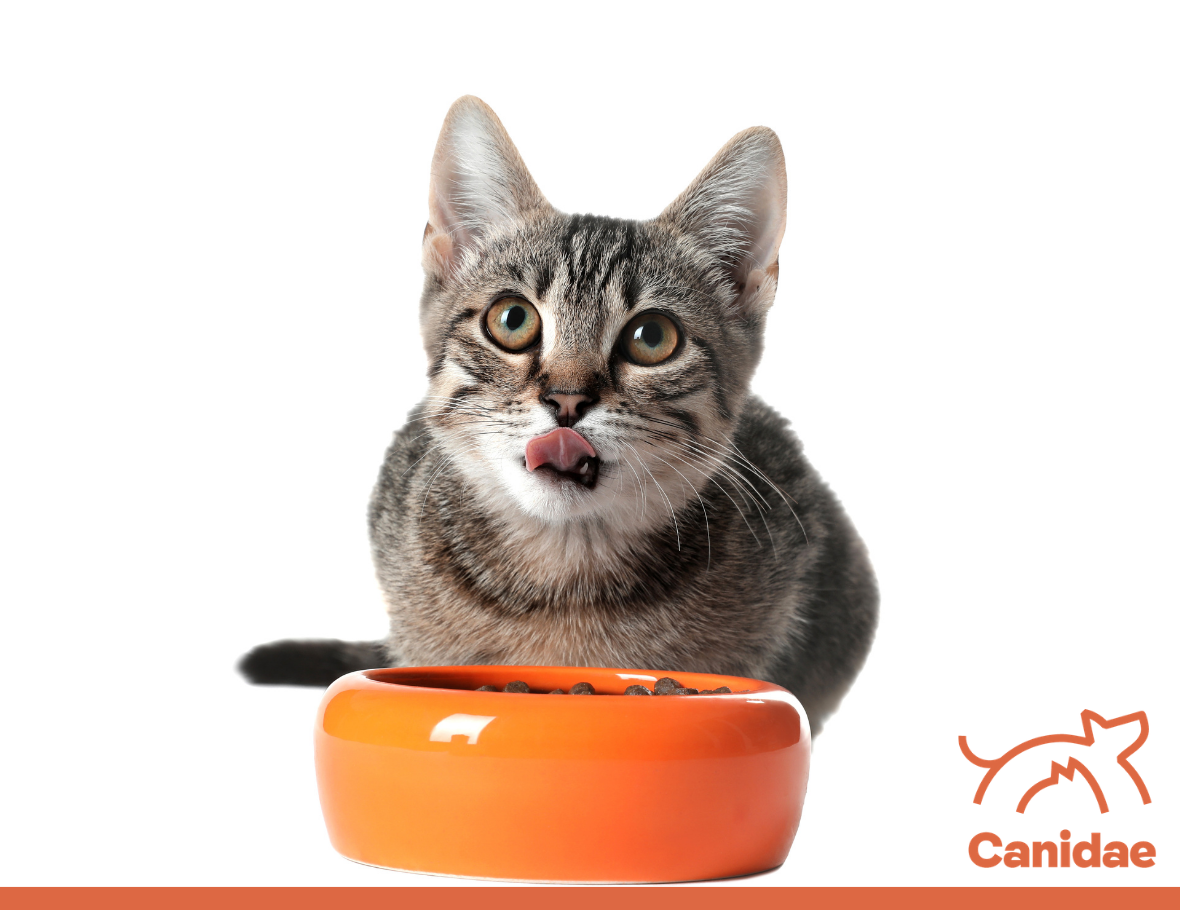Do Cats Prefer Raw or Cooked Food?

Outdoor and feral cats will feed on what’s easier to find – this can vary from human scraps to birds and small mammals. An indoor cat doesn’t hunt or scavenge but relies on her pet owner to give her what she needs to be happy and healthy.
But given the choice, do our feline friends prefer raw meats or cooked food? And from a nutritional standpoint which foods for cats are better? There is no straightforward answer to the first question – studies show there are several factors that influence whether your cat would rather have raw food or cooked food. Below we discuss a few of these:
Parental influence
A newborn kitten feeds naturally on mother’s milk or is bottle-fed on kitten formula. At about 4 to 5 weeks of age she transitions onto solid foods – this is a natural process known as weaning. Kittens learn many of their eating habits and behaviors through interactions with their mother and littermates. Your kitten will imitate her mother and may even try her food.
What kittens eat with their mothers during this important time could shape their food choices as they get older. This could explain why some kittens grow up with certain food preferences and why some may prefer raw to cooked food, and vice versa.
Eating habits
Some cats are creatures of habit. A farm cat who has been raised on rabbit-based raw foods may take a while to get accustomed to a new taste. Or, a house cat who prefers a strict and predictable feeding schedule may choose their wet food over freshly cooked fish.
Other cats crave variety in diet and will get bored eating the same food every day. Whatever your cat’s individual traits and habits may be – this could influence her preference for raw or cooked food.
Palatability
If your cat likes to eat a certain food, you can see it all over her face. Signs to look out for include nose licking, sticking out her tongue and smacking her lips. Like us, your cat will have her own favorite foods and flavors, and what she prefers often comes down to palatability.
Palatability is the term used to describe how well your cat enjoys her food. The defining factors are scent and taste but also the way it feels in her mouth.
Some studies show that the nutritional composition of the food is equally important. Cats will use their amazing sense of smell to sniff out what foods are appropriate for their needs, and what foods should be avoided. Cats are obligate carnivores and have been shown to favor foods that are high in protein but for a healthy, balanced diet they also require other essential nutrients such as amino acids, fatty acids and vitamins.
One of the advantages of high-quality cooked canned food or kibble is that it is formulated with all the necessary nutrients. While some pet parents will feed their cats scraps of cooked meat or raw meaty bones, it's difficult to provide a nutritionally complete diet for your pet using home-cooked or raw foods. Moreover, cooking has been shown to deplete thiamine, an essential vitamin that supports metabolism and aids digestion.
That said, while the nutritional content has been shown to aid palatability, cats will not eat a flavor they dislike regardless of how healthy it is.
Should I feed my cat raw or cooked food?
All cats require a diet that supplies a sufficient amount of proteins and fats. While this can be found in cooked or raw, fresh meat, it can also be specially formulated in wet and dry commercial cat food.
Some cat owners believe raw meat is a better source of protein and nutrients as it mimics what their cat would naturally eat in the wild.
However, there is no evidence to support claims that home-prepared diets are healthier than commercial diets.
The choice of serving cooked or raw food is therefore really a matter of personal preference between you and your cat. Either way, it is your responsibility as pet parents to ensure they receive a properly balanced diet and you should discuss any dietary choices with your veterinarian.
A taste your cat will love
Canidae™ is the perfect blend of flavor and nutrition. Expertly formulated to contain all the vitamins, minerals, omegas, fatty acids, probiotics and antioxidants your cat needs to be healthy.
All of Canidae’s wet and dry food recipes are nutritious and delicious, with no fillers such as corn, wheat, soy or animal byproduct meals – just simple, wholesome ingredients. Check out our health-first range of cat food products. Read our handy guide to see how you can gently transition your cat to a Canidae diet today.
